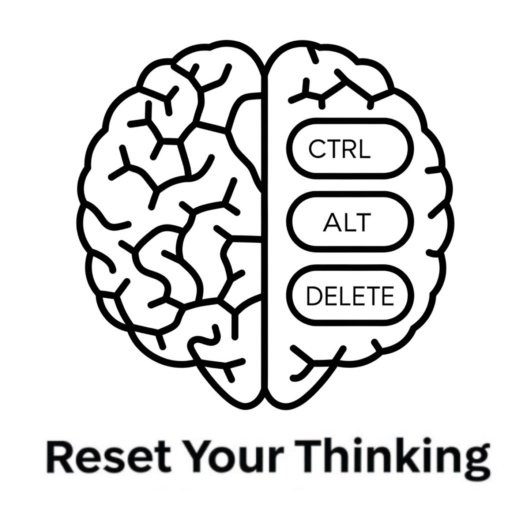“Freakonomics” by Steven D. Levitt and Stephen J. Dubner
I. Core Themes and Premise:
- Unconventional Economics: The book challenges traditional economic thinking by applying economic principles to everyday life and seemingly unrelated topics. It aims to explore the “hidden side of…everything,” looking at the world in a new way.
- Incentives Matter: The central argument revolves around the power of incentives – economic, social, and moral – in shaping human behavior. As the book states, “Incentives are a bullet, a lever, a key: an often tiny object with astonishing power to change a situation.” The authors believe people are rational actors responding to incentives. “I just can’t get away from the idea that people are active decision makers trying to get what they want in a reasonably sophisticated fashion.”
- Information is Key: Access to and control of information is presented as a powerful tool. “Information is a beacon, a cudgel, an olive branch, a deterrent—all depending on who wields it and how.” The book examines how information asymmetry affects markets and decisions. “Knowing what to measure and how to measure it makes a complicated world much less so. If you learn to look at data in the right way, you can explain riddles that otherwise might have seemed impossible. Because there is nothing like the sheer power of numbers to scrub away layers of confusion and contradiction.”
- Conventional Wisdom Challenged: The authors are skeptical of conventional wisdom and aim to debunk widely held beliefs with data-driven analysis. They suggest that experts and the media often perpetuate false narratives. “Journalists need experts as badly as experts need journalists. Every day there are newspaper pages and television newscasts to be filled, and an expert who can deliver a jarring piece of wisdom is always welcome. Working together, journalists and experts are the architects of much conventional wisdom.”
II. Key Ideas and Examples:
- The Bagel Man and Cheating: Paul Feldman’s bagel business is used to explore the nuances of honesty and cheating. The rate at which people pay for bagels in different work environments provides insights into workplace ethics and social norms. The example illustrates that people are mostly honest, with an honesty rate around 87%.
- The Ku Klux Klan and Information: The story of Stetson Kennedy infiltrating the KKK highlights the power of information to dismantle organizations built on secrecy and fear. Revealing the Klan’s rituals and language weakened their power.
- Real Estate Agents and Incentives: The incentives of real estate agents are explored, suggesting that they may not always act in the best interests of their clients. “Here is the agent’s main weapon: the conversion of information into fear.” The text suggests that agents may prioritize quick sales over maximizing the seller’s profit.
- Drug Dealers and Organizational Structure: The analysis of a crack-dealing gang in Chicago, based on data provided by sociologist Sudhir Venkatesh, reveals the economics of the drug trade. The hierarchical structure is similar to a corporation, with high profits at the top but low wages and high risks for foot soldiers. “It’s a war out here, man,” one dealer told him. “I mean, every day people struggling to survive, so you know, we just do what we can. We ain’t got no choice, and if that means getting killed, well, shit, it’s what niggers do around here to feed their family.”
- The Crime Drop of the 1990s: The book examines various theories for the dramatic drop in crime rates during the 1990s, challenging conventional explanations like innovative policing strategies. It posits that increased police numbers, higher incarceration rates, the waning crack epidemic, and, controversially, the legalization of abortion (Roe v. Wade) played significant roles.
- The Abortion-Crime Link: Levitt and Donohue controversially argue that legalized abortion led to a decrease in crime rates two decades later, because it reduced the number of unwanted children who are more likely to become criminals. “In the abortion paper, published in 2001, he and Donohue warned that their findings should not be seen “as either an endorsement of abortion or a call for intervention by the state in the fertility decisions of women.””
- The Power of Names: The book explores the impact of names on life outcomes, noting correlations between certain names and socioeconomic backgrounds. “So does the name you give your child affect his life? Or is it your life reflected in his name? In either case, what kind of signal does a child’s name send to the world—and most important, does it really matter?” The chapter suggests names can reflect parental aspirations and cultural identity.
III. Steven Levitt’s Approach:
- Unorthodox Economist: Levitt is portrayed as an unconventional economist who focuses on real-world problems and uses data to uncover hidden truths.
- Empirical and Intuitive: Levitt is described as an “intuitionist” who sifts through data to find stories that others have missed.
- Interested in Cheating, Corruption and Crime: The book suggests that Levitt’s primary interest lies in subjects like “cheating, corruption and crime.”
- Willing to Challenge Assumptions: The text showcases his willingness to challenge established beliefs and provoke debate, even when controversial.
IV. Noteworthy Quotes:
- “I just don’t know very much about the field of economics. I’m not good at math, I don’t know a lot of econometrics, and I also don’t know how to do theory. If you ask me about whether the stock market’s going to go up or down, if you ask me whether the economy’s going to grow or shrink, if you ask me whether deflation’s good or bad, if you ask me about taxes—I mean, it would be total fakery if I said I knew anything about any of those things.”
- “Many people—including a fair number of his peers—might not recognize Levitt’s work as economics at all. But he has merely distilled the so-called dismal science to its most primal aim: explaining how people get what they want.”
- “Knowing what to measure and how to measure it makes a complicated world much less so.”
- “Information is a bullet, a lever, a key: an often tiny object with astonishing power to change a situation.”
- “Fantastic,” meanwhile, is a dangerously ambiguous adjective, as is “charming.” Both these words seem to be real-estate agent code for a house that doesn’t have many specific attributes worth describing.”
V. Overall Impression:
“Freakonomics” offers a unique and often provocative perspective on economics, applying its principles to a wide range of social issues and everyday phenomena. It encourages readers to question conventional wisdom and to think critically about the hidden forces that shape our world.
RYT Podcast is a passion product of Tyler Smith, an EOS® Implementer (more at IssueSolving.com). All Podcasts are derivative works created by AI from publicly available sources. Copyright 2025 All Rights Reserved.

